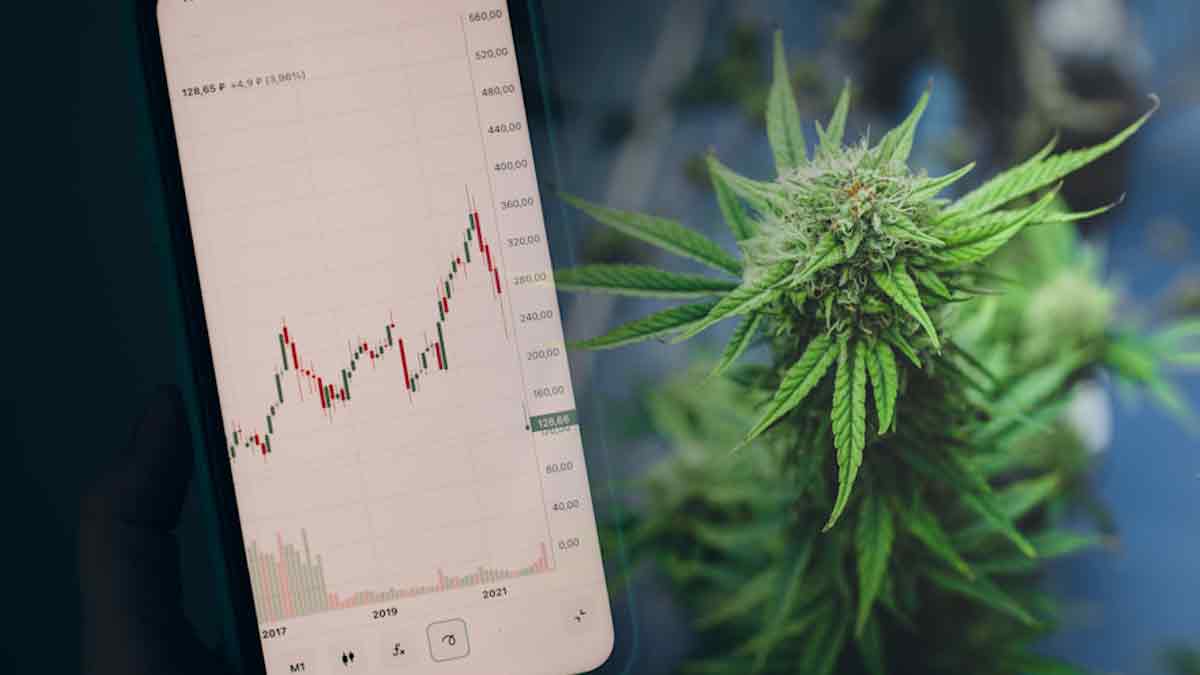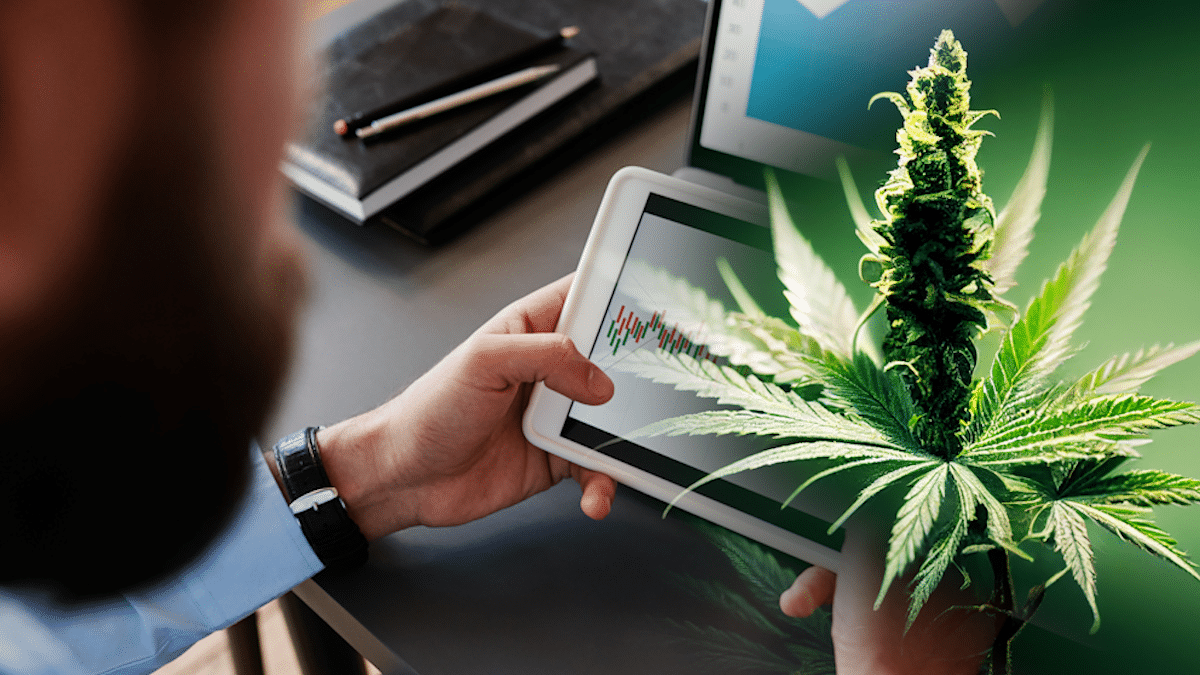CBD (cannabidiol) is a plant-derived cannabinoid molecule produced by Marijuana. It is highly abundant, second only to THC. These cannabinoids act on the cannabinoid receptors. Although THC is the main psychoactive ingredient in marijuana and has some medical uses; CBD is preferred because it is not psychoactive and reveals a greater range of potential medical uses. This makes it particularly attractive as a therapeutic agent.
One of the most remarkable things about CBD is the diversity of its potential therapeutic benefits. It is critical to recognize that each benefit could be supported by different studies such as: ongoing clinical trials evaluating its efficacy in the treatment of human disorders; animal studies investigating its behavioral and physiological effects or in-vitro work measuring its pharmacological interactions and mechanisms of action. Every study has its strengths as well as weaknesses.
While clinical trials give us the opportunity to draw conclusions regarding the safety and effectiveness of possible therapeutic agents in humans; animal studies and in vitro experiments give scientist the ability to research their biological actions in more detail. Yet considering the animal studies are not tested in humans, we do not always get the clinical application that we intended to and the majority of drugs that begin in human clinical trials never get approved. In any event; animal studies afford us a huge platform of biological knowledge and is where the initial breakthroughs in research are made.
CBD has high therapeutic potential. It is popular for its therapeutic role in the treatment-resistant forms of childhood epilepsy. A variety of clinical studies testing the effectiveness of CBD in human subjects with epilepsy are currently in the works. However; there is evidence (mainly from animal studies and in vitro experiments), that CBD could have neuroprotective, anti-inflammatory and analgesic components as well as therapeutic benefits in the treatment of disorders such as depression, anxiety and addiction.
A key part to the biological explanation for CBD’s wide range of potential medical uses lies in its fascinating pharmacology. CBD is able to influence a large variety of receptor systems in the brain and body; including but not limited, to cannabinoid receptors.
The brain has millions of highly specialized cells called neurons. Neurons communicate with one another through synapses (spaces between neurons) by releasing chemical messengers known as neurotransmitters.
A neuron responds to a neurotransmitter based on whether or not it contains a receptor that “fits” that transmitter, just like a jigsaw puzzle. A neuron containing receptors that match a specific neurotransmitter can respond directly to that transmitter. Otherwise it usually cannot. Neurons contain multiple neurotransmitter receptors allowing them to respond to some neurotransmitters yet not others.
Receptors in the brain are sensitive to naturally produced neurotransmitters such as dopamine and serotonin as well as chemical messengers produced outside the body; such as plant cannabinoids THC and CBD. Therefore, when consuming edibles or inhaling vapors, individuals are introducing compounds formed by plants into the human body. Hence, allowing them to travel through the bloodstream and enter the brain. Once in the brain, these plant-derived chemicals can alter brain activity by intercepting neurons before reaching receptors. However; they do not interact with all neurons, only the ones that have the appropriate receptors.
CBD alters a variety of receptor systems. CBD does not directly interact with the two classical cannabinoid receptors (CB1 and CB2); rather, it indirectly alters signals to them. This is part of the reason why CBD is not psychoactive as opposed to THC. CBD also blocks the enzymes that break down cannabinoids; hence increasing the level of the body’s own naturally-produced endocannabinoids.
Furthermore; CBD influences other receptor systems in the brain (non-cannabinoid), by interacting with receptors sensitive to a variety of drugs and neurotransmitters including opioid receptors, popular for pain regulation. Opioid receptors are the targets of pharmaceutical painkillers and drugs such as morphine, heroin and fentanyl. CBD may also interact with dopamine receptors that have an important role in regulating behavior and cognition such as motivation and reward-seeking behavior.
This opens the door to the possibility of CBD’s ability of influencing either the opioid or dopamine receptors. This in turn may underlie its ability to lessen drug cravings and withdrawal symptoms which are effects directly relevant to the treatment of addiction. However; we cannot confirm this as of yet. Further research is still needed regarding CBD’s interactions with the opioid and dopamine receptor systems.
The therapeutic potential of CBD regarding addiction also extends to the serotonin system. Animal studies revealed CBD activates various serotonin receptors in the brain. These interactions have been attributed to CBDs ability in reducing drug-cravings. CBD’s role in the serotonin system can also be attributed to its anti-anxiety properties, which have been demonstrated in both human and animal studies.
Exciting possibilities reside in the CBD and serotonin system. The ability of CBD to target the serotonin 1A receptor is associated with a range of therapeutic possibilities. A pharmacologist from the University of Aberdeen, Professor Roger Pertwee, spoke with Leafly about this aspect of CBD biology.
“It’s apparent ability to enhance the activation of serotonin 1A receptors supports the possibility that it could be used to ameliorate disorders that include: opioid dependence, neuropathic pain, depression and anxiety disorders, nausea and vomiting (e.g. from chemotherapy), and negative symptoms of schizophrenia,” he said. “One big unanswered question is what the human clinical relevance and importance of each of these potential therapeutic uses of CBD, identified solely by examining data from non-human preclinical research, actually is.”
Further research will be needed before we can think seriously about human applications considering these possibilities come mainly from animal studies.
MAPH Enterprises, LLC | (305) 414-0128 | 1501 Venera Ave, Coral Gables, FL 33146 | new@marijuanastocks.com










